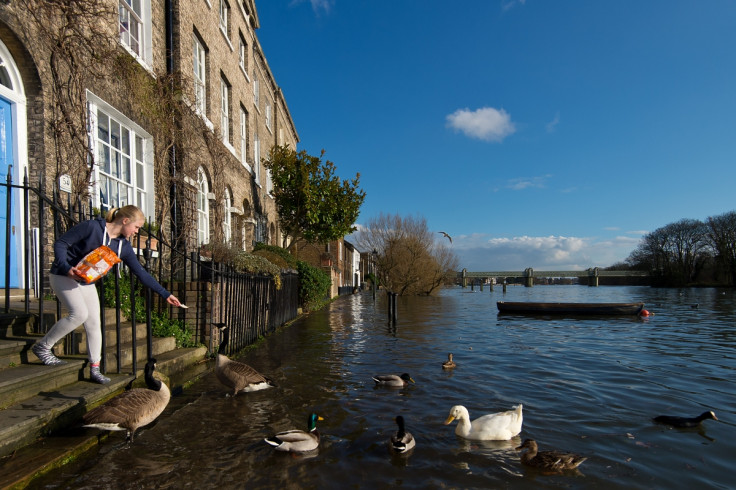Climate change could put London and New York underwater sooner than expected

A study by a retired Nasa climate scientist paints a bleak picture for the future of London and New York City. The study, released in Atmospheric Chemistry and Physics, claims the sea level rise predicted by scientists could occur sooner than previously predicted. The report found that the greenhouse gas level caps agreed by international powers will not be the levels necessary to halt catastrophic sea level surge.
"We're in danger of handing young people a situation that's out of their control," James E Hansen, the lead researcher, told The New York Times. Hansen's findings were released on 23 March in the European science journal. According to the Times, a draft of the findings released last year sparked a lengthy debate among climate scientists.
Hansen's study claims that the continued burning of fossil fuels and emission of greenhouse gasses into the atmosphere could lead to an abrupt climate shift. The report states that fresh water entering the oceans can provoke a feedback loop that would lead to parts of the great ice sheets in Greenland and Antartica to disintegrate quickly, the Times reported.
Without a drastic cut in greenhouse gas emissions, the global sea level would likely rise "several meters over a timescale of 50 to 150 years," the study claims, according to The Daily Mail. "The longevity of the carbon in the climate system and persistence of the induced warming may lock unavoidable highly undesirable consequences," the study states.
These consequences would include extreme heat waves, droughts, heavy rainfall and flooding. Despite disagreements with Hansen's findings, nearly all climate scientists agree with Hansen's research team that the global community is not moving quickly enough to reduce greenhouse gases emissions.
© Copyright IBTimes 2025. All rights reserved.






















